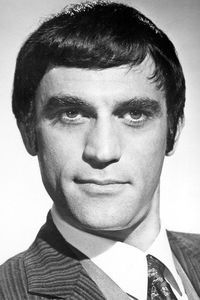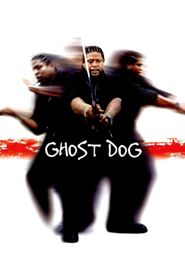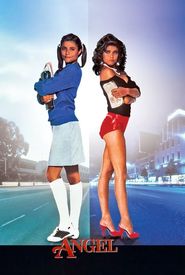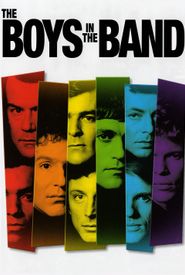Cliff Gorman, a renowned actor, was born on October 13, 1936, in Queens, New York. He was of solid New York stock, which he proudly represented throughout his acting career. Gorman's distinctive features, including his short stature, set chin, and dark, ethnic looks, added to his working-class characters' New York realism.
Gorman's acting career spanned several decades, with his peak in the 1970s. He was often cast as smug and smarmy ladies' men, lewd entertainers, or corrupt cops. His versatility allowed him to blend seamlessly into the seamy atmosphere of New York's underbelly.
Gorman's breakthrough role came in 1965 with the off-Broadway drama "Hogan's Goat," alongside the up-and-coming Faye Dunaway. He then turned heads in the 1968 gay counterculture dramedy "The Boys in the Band," earning a well-deserved Obie Award. The film adaptation, directed by William Friedkin, became a milestone in movie-making and a cult classic.
In 1972, Gorman became the toast of Broadway with his portrayal of Lenny Bruce, earning him both the Tony and Drama Desk awards. Although he made his film debut in "Justine" (1969) and received top billing in "Cops and Robbers" (1973),Gorman was not a name star by the time "Lenny" was made into a film. Instead, Dustin Hoffman played the lead role, earning an Oscar nomination.
Gorman continued to act sporadically, appearing in films like "Class of '63" (1973),"The Bunker" (1981),and "Ghost Dog: The Way of the Samurai" (1999). He also had notable roles in several TV mini-movies and series, including "Police Story" episodes.
Gorman's later work included Broadway productions like "Chapter Two" (1977),"Doubletake" (1985),and "Social Security" (1986). He made a noticeable return to film in the 1990s, appearing in "King of the Jungle" (2000) and "Ghost Dog: The Way of the Samurai" (1999).
Tragically, Gorman was diagnosed with leukemia and passed away on September 5, 2002, at the age of 65. His long-time wife, Gayle, survived him. His final film, "Kill the Poor" (2003),was released posthumously.














































